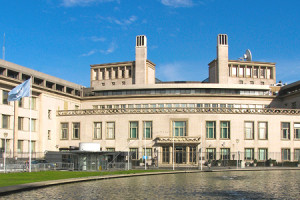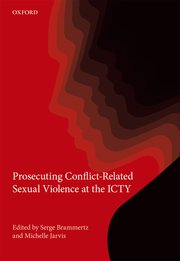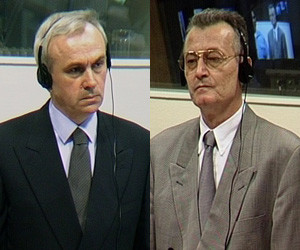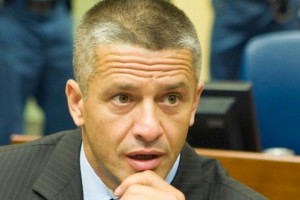 The International Criminal Tribunal for the Former Yugoslavia (ICTY) today acquitted Vojislav Šešelj of war crimes and crimes against humanity in connection with the conflicts in the Balkans in the 1990’s.
The International Criminal Tribunal for the Former Yugoslavia (ICTY) today acquitted Vojislav Šešelj of war crimes and crimes against humanity in connection with the conflicts in the Balkans in the 1990’s.
Šešelj, 61, had been charged with three counts of crimes against humanity and six of war crimes over ethnic cleansing in Croatia, Bosnia and the Serbian province of Vojvodina between August 1991 and September 1993.
The charges involved the forcible transfer of tens of thousands of civilians; torture, sexual assaults, beatings and other physical abuse of detained non-Serbs; the destruction of homes, religious sites, cultural institutions; and hate speech.
However, the ICTY said that in the absence of any “crucial legal elements” to establish any form of criminal responsibility it was not possible to convict Šešelj for crimes against humanity.
The Prosecution had moreover not provided sufficient evidence to establish that the alleged war crimes were committed.
The three-judge Chamber found that it could not rule out the reasonable possibility that Šešelj incendiary speeches, calling for killing and revenge against his enemies, were “meant to boost the morale” of his followers, and were not crimes.
Moreover, the Court held that it could not dismiss the defence’s argument that Mr Šešelj’s men might have been present in contested regions, not to force Bosniak Muslims and Croats out of areas claimed for a Greater Serbia, but on “humanitarian grounds”.
Judge Latanzi disagreed with almost all of the Majority’s findings. She noted that the Majority failed to take into consideration the climate of intimidation to which Šešelj subjected the witnesses in the case and that the Majority had not provided sufficient reasoning, or no reasoning at all, in support of its findings. Continue reading








